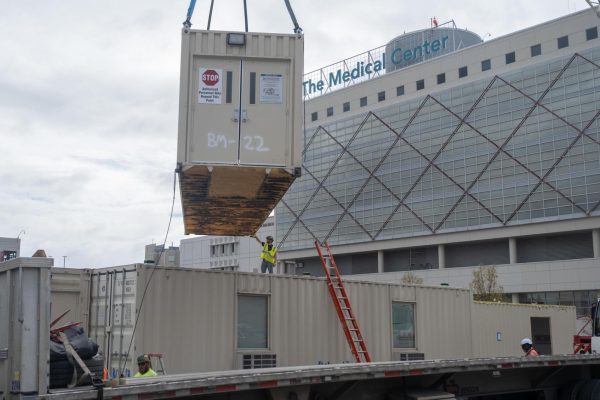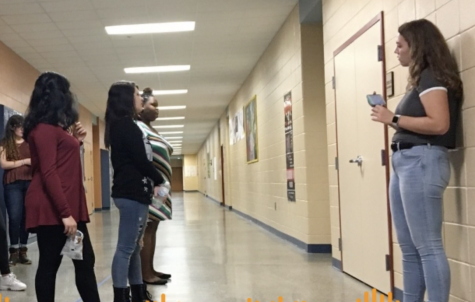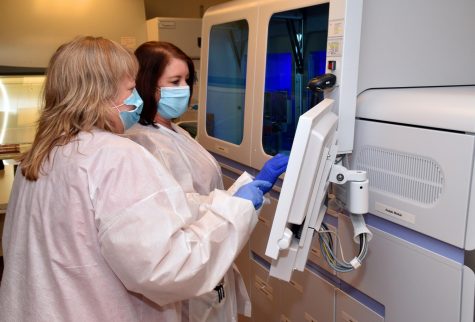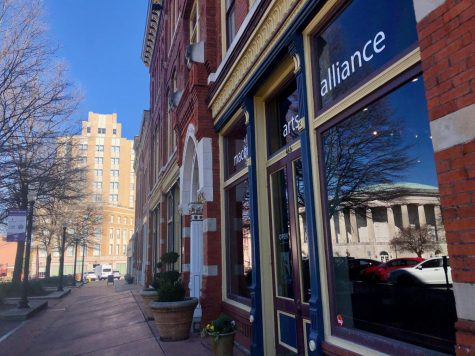Preparing for the Peace Corps during COVID-19
Before the World Health Organization declared COVID-19 a pandemic in January, senior Nishi Patel was ready to leave after graduation for Benin to serve in the Peace Corps. Now, Patel is finishing her last classes at home through Zoom meetings, her Peace Corps service delayed until at least Sept. 30.
“I was kind of in denial at first,” Patel said. “I kinda kept hoping there would be some miracle that made everything go back to normal.”
Since the news of a delay hit, Patel has been faced with uncertainty of what her immediate future will look like.
“I’ve been increasingly anxious about whether I’ll even be able to go,” Patel said. “A lot of the uncertainty I have is also mixed with the weird transition I’m going through having to live under my parents’ house and their rules.”
Patel plans to attend medical school after returning from service, but she said she worries the delay will be extended past the fall, forcing her to make a decision about her plans to serve.
“At that point, I’m going to have to decide if serving is worth keeping my life on hold for so long,” Patel said. “I don’t know if there is any other time in my life I’ll be able to serve, and I feel like I’ll regret not going later on.”
Like Patel, senior Fabian Kopp planned to leave for Peace Corps service in May. As his former departure date approaches, Kopp is still figuring out how the delay affects his plans. He said tutoring students may give him a chance to prepare for teaching English in Kosovo once he leaves.
“While it’s not ideal, it will still be good to continue to improve my teaching skills, which I’ll be using a lot during service,” Kopp said.
As for his long-term plans, Kopp said his delayed departure hasn’t changed much, but his plans to attend law school after his service have been pushed back by a year.
“Luckily this means I’ll be able to apply for law school from the US upon my return instead of worrying about it from Kosovo,” Kopp said. “So in some ways the delay has made timing a little easier.”
Regardless of how COVID-19 has affected his plans, Kopp said the delay hasn’t changed his mind about joining the Peace Corps.
“I’m still excited to have a chance to help others and contribute to international understanding,” Kopp said.
For countries accustomed to hosting Peace Corps programs, the sudden absence of volunteers is an unexpected consequence of the pandemic. Patel said evacuations made her consider how different host countries are coping with the public health crisis.
“The Peace Corps tries really hard to make sure that volunteers are equal to their community members in every way, but I think allowing them to be evacuated kind of highlights a disparity in that no matter what, volunteers will always be able to escape or leave the hardships that their host country nationals face every day,” Patel said.
Although the suspension of Peace Corps volunteers has presented Patel with tough decisions, she said she’s trying to see her unexpected extra time as a positive thing.
“In a way the isolation a lot of us feel during quarantine is kind of part of the daily life as a volunteer, so I’m just thinking of this as pre-training,” Patel said.













